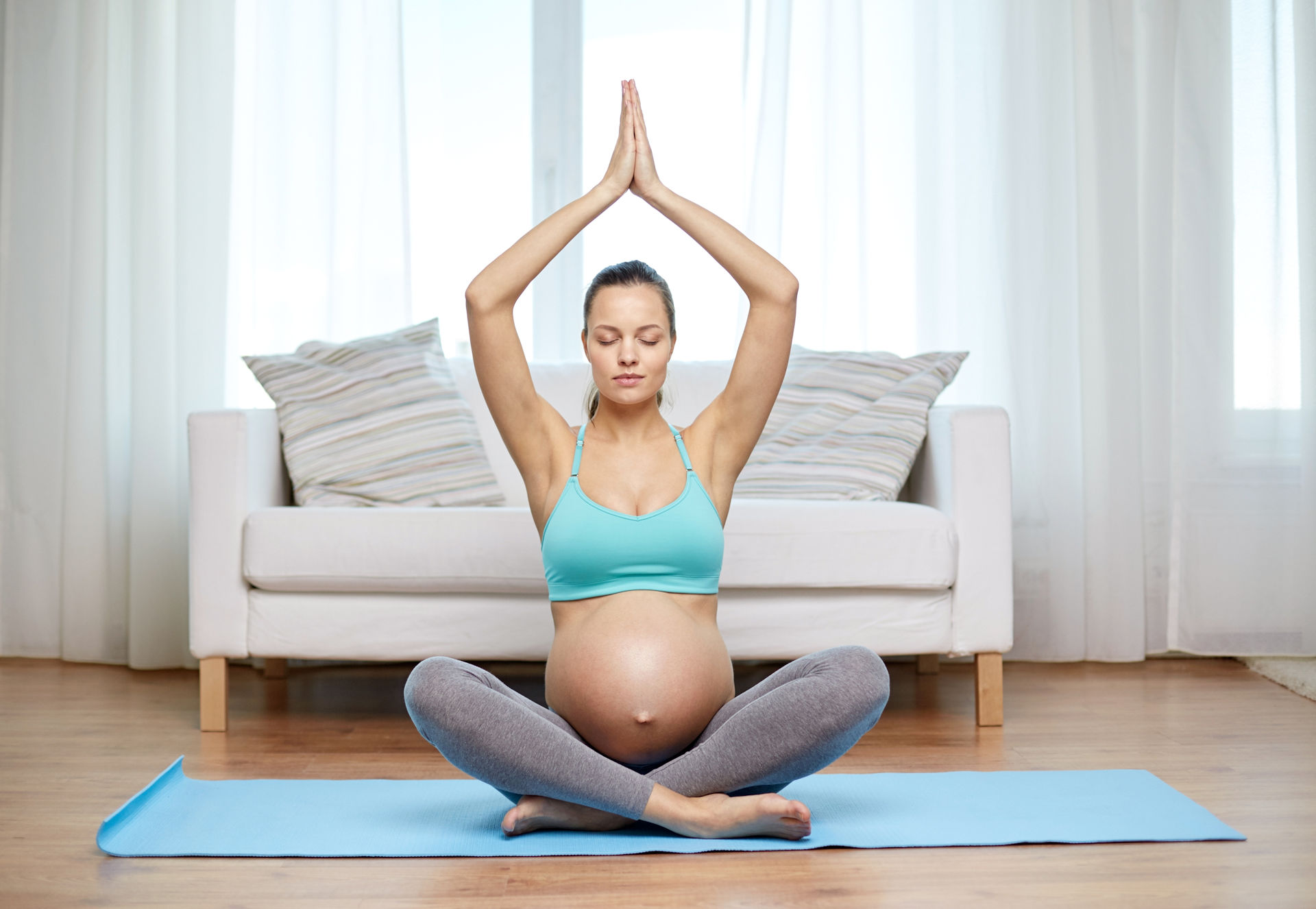
Pregnancy and Exercise
Exercise is a key component of a healthy lifestyle and can have many benefits for pregnant women, but it also comes with some challenges and precautions. Pregnancy is a period of significant physical and emotional changes that may affect how a woman feels about and engages in physical activity. It’s essential to be aware of the possible risks and benefits of exercise during pregnancy and to adjust accordingly.
Exercise can be beneficial for pregnant women, but it’s also important to exercise safely and responsibly.
Here are some guidelines to follow when exercising during pregnancy:
- Talk to your Obstetrician: Your healthcare provider can advise you on the best type and level of exercise for you based on your health and pregnancy.
- Begin gradually and pay attention to your body: If you were not physically active before pregnancy, start with low-impact activities such as walking, yoga, or swimming. Pay attention to your body and stop if you feel any pain, tiredness, or other physical signs.
- Avoid activities that are high-impact or high-risk: Activities that involve running or jumping, or that pose a risk of injury such as contact sports or horseback riding, should be avoided during pregnancy.
- Drink enough water: Drinking water is essential for you and your baby, so make sure you drink enough water before, during, and after exercise.
- Wear comfortable and supportive clothing and footwear: Choose clothing and footwear that fit well and provide support and comfort during exercise.
- Avoid getting too hot: Avoid exercising in hot and humid weather, as getting too hot can be dangerous for you and your baby.

